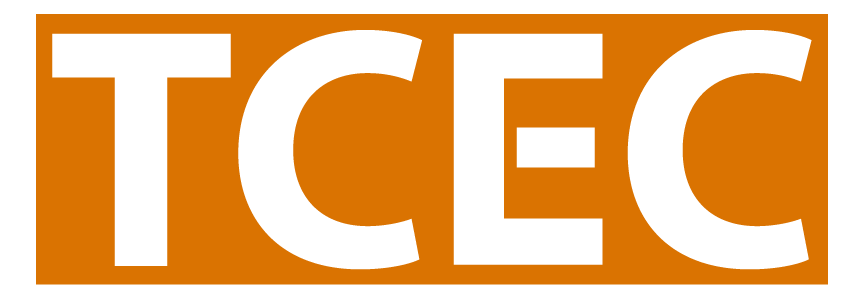
Resources for Reporting
by Jorge Andrews
Reporting is an important part of working in California tobacco control. Every six months progress reports are due, when an activity is done an activity summary report may be needed, and at the end of every funding cycle the final evaluation report is submitted. This ritual of formally presenting written accounts is important, and as often happens the Tobacco Control Evaluation Center (TCEC) would like to help make this easier.
Types of Reporting
There are several different reports that are required or recommended by our funder, the California Tobacco Control Program (CTCP). Each report serves a different and unique purpose for different and unique audiences. Activity summary reports are mainly for project staff to document important lessons learned during an activity and reflect on how to use the information to inform next steps. TCEC has focus group and key informant interview reporting guides. We also have guides for policy record reviews and social media activities. Progress reports are mainly for your program consultants to monitor activities being completed as specified in the scope of work. The Final Evaluation Reports (FER) are the “big picture” reports which encompass the major events and lessons from all work toward achieving each objective. FERs are shared with fellow tobacco control agencies and external organizations to demonstrate effective campaigns, such as the TCEC summary reports. FERs can even be included in larger research efforts beyond California tobacco control.
Never Too Early to Start
If you are in the early stages of your contract period, you may be thinking, “I have a long way to go, I don’t need to worry about reporting right now.” I would challenge this notion, as it is never too early to start thinking about your reporting practices. John Lennon said, “life is what happens to you while you are busy making other plans.” We know that a lot can happen in a three to five-year span, and staff turnover happens, so help mitigate information loss, and incorporate some of the lessons in the Ready Set FER webinar, the resources of which are also available on the TCEC website. Check out the section “Documenting Organizational Progress” which includes gems such as:
Data Visualizations
If you are looking for help with data visualizations for your reports TCEC has templates at the ready. The TCEC website includes templates for tables for key evaluation activities, as well as a timeline of key activities. Under the “TYS Data Visualization” section of the reporting page on our website, you will also find templates and instructions for completing effective tables on excel.
Final Evaluation Reports
When we think about evaluation reporting, the largest report that usually comes to mind are the Final Evaluation Reports (FERs). A “must-read” resource is the “Tell Your Story Guidelines for Preparing Useful Evaluation Reports.” This document is a great start for understanding what to include in both final and brief evaluation reports, as well as explaining how FERs are scored. This document provides examples of FERs and can create a good foundation for reporting.
Of course, I must mention the 4-part TCEC FER-bruary webinars which are available at the TCEC Webinar Cafe. With the four-part webinar format, TCEC was able to dig deep into how to write each section of the final evaluation reports.
Let us not forget about the Rover Library. Rover stores all FERs in their library and make them available to all CTCP funded projects through their website. To access these Final evaluation reports (If you have not already, you will be prompted to create an account.) Once you have an account you can access reports and many other resources.
Celebrate
Reporting serves multiple uses and audience. Evaluation reports are valuable to help us know where to go next based on what has worked or not worked in the past, and they help us figure out the best strategies for what to do in the future. Reports also give you a chance to celebrate your successes! You worked hard; you deserve to celebrate your wins. Reports are also a great place to celebrate all the people who made those wins possible– your staff, stakeholders, community.
